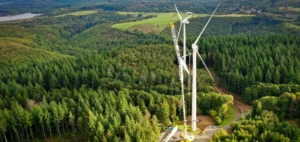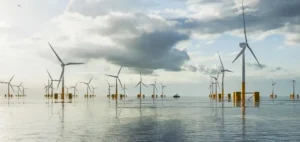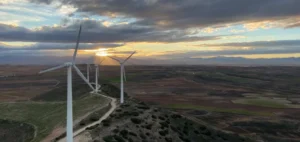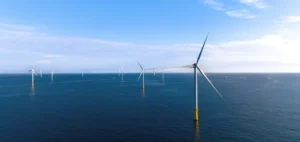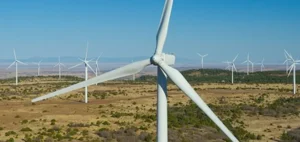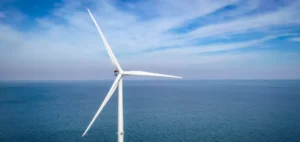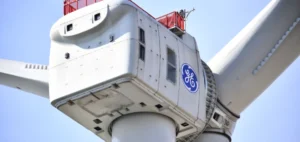Ignitis Group continues to focus on wind power in Poland. The company, controlled by the Polish state, is acquiring all the shares of a 137 MW wind farm. As a true corporate strategy, the group wants to reach a green production capacity of 4 GW by 2030.
Focusing on wind power, a corporate strategy
In July 2022, Ignitis Group was already showing its willingness to develop wind power in Poland. It then launched the construction of one of the largest wind farms in the country located in Bakow.
A strategy confirmed by Thierry Aelens, CEO of Ignitis Renewables:
“Silesia 2 will help us further improve our position in neighboring markets and bring us closer to the goal set in the Ignitis Group strategy of reaching 4 GW of installed green generation capacity by 2030.”
The new wind farm, Silesia 2, with a total capacity of 137 MW, will be commissioned in the second half of 2024. This acquisition marks an important step towards the company’s goals. The total preliminary investment, including the acquisition price and construction costs, amounts to approximately 240 million euros.
Ignitis Group already operates a green generation portfolio of 1.2 GW and has a renewable project pipeline of approximately 2.5 GW, including Silesia 2.
A vital energy transition
The figure is clear: 80% of Polish electricity comes from coal. A production that is not only polluting but also dependent on its Russian neighbor. As a result, the government has submitted a bill on the ban on coal imports from Russia. The Prime Minister, Mateusz Morawiecki, is even calling for a “derussification” of his country’s economy.
In order to do without its 10 million tons of Russian imports, the country is making an important strategic shift. The government, which had announced 10 GW of solar panels by 2030, has already exceeded its target. As the energy situation continues to worsen, the energy transition now seems vital for the country.















